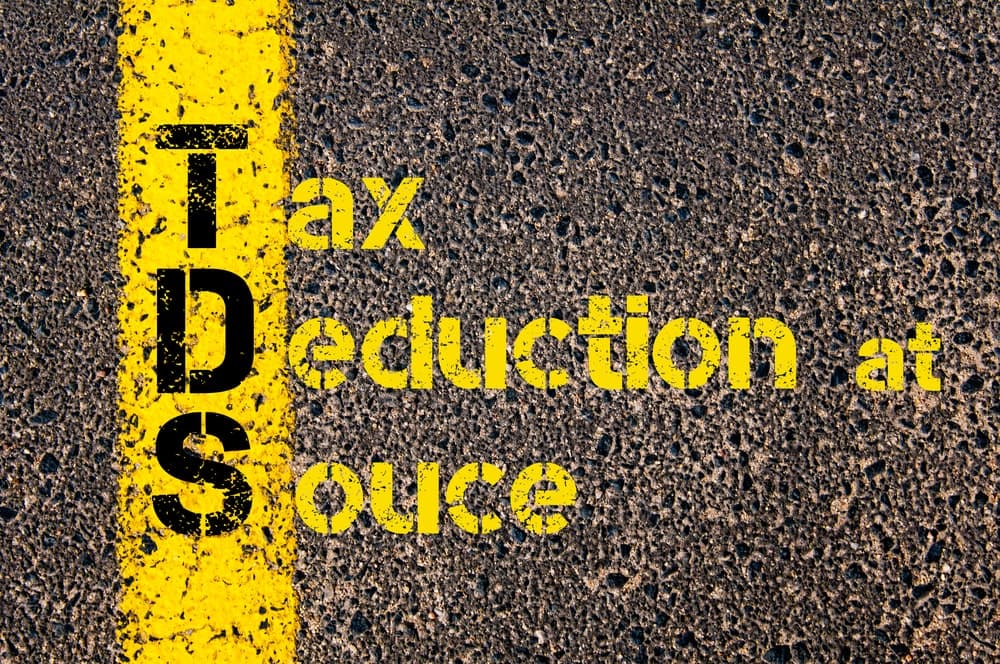Taxation and bank interest rates are critical for cash flows and savings for senior and super-senior citizens. Union Finance Minister Nirmala Sitharaman’s Interim Budget 2024 doesn’t provide for any major changes in the tax policy, but it does seek to continue with the middle- and salaried-class friendly tax rules from the previous year. The taxation rules for FY2024-25 remain unchanged except for certain relief for tax compliance in disputed tax cases.
The decision to write off disputed tax demands up to Rs 25,000 is expected to benefit many senior citizens impacted by the unresolved tax issues raised by the Income-tax Department.
Sitharaman on Thursday announced a significant relief for such taxpayers. She said that a significant number of disputed cases are still pending, with some dating back to 1962. She said that to remove the “anxiety of honest taxpayers”, the government will withdraw the outstanding tax of up to Rs 25,000 in disputed cases pending since FY2009-10 and up to Rs 10,000 from FY2010-11 to FY2014-15. She said it will benefit about a crore taxpayers and help reduce backlog cases.
The decision comes as a huge relief for taxpayers, mainly senior citizens, grappling with unresolved tax issues. The disputed cases are the pending income tax dues, including surcharge and cess, of taxpayers demanded by the tax department under the Income-tax Act, 1961.
Also Read: Budget FY2024-25: Know The Tax Advantage Of Pension, Annuity Plans In Retirement Planning
In 2020, the government launched a dispute resolution scheme called the “Vivad Se Vishwas” to address these cases, requiring the taxpayer to pay only the disputed tax amount for settlement.
Sitharaman also emphasized on tax reliefs provided to salaried individuals in continuance with the previous budget. She pointed to tax exemptions for income up to Rs 7 lakh in the new tax regime. Besides, there were many senior-friendly tax policies to help them cope with inflation.
Suneel Dasari, Founder & CEO of EZTax.in, a tax filing portal, says: “Excellent initiatives for senior citizens were announced by the government in the previous year. The maximum deposit limit for the senior citizen savings scheme was increased from Rs 15 lakh to Rs 30 lakh. For joint accounts, the maximum deposit limit for the monthly income scheme was raised from Rs 7.5 lakh to Rs 15 lakh, and for single accounts, from Rs 4.5 lakh to Rs 9 lakh.”
He added, “Budget 2024 has not altered the aforementioned, and it remains pertinent for subsequent fiscal years as well.” The budget grants salaried individuals a tax relief of up to Rs 7 lakh under section 87A of the new tax regime (continues from FY2023-24).
Additionally, the surcharge rate remains the same at 25 per cent under the new tax regime (continues from FY2023-24). Leave encashment exemption on the retirement of non-government salaried employees also remains the same at Rs 25 lakh, increased from Rs 3 lakh in FY2023-24.
In her one-hour-long budget speech, Sitharaman also highlighted the key achievements of the government, from poverty alleviation, rural housing, green energy, and Mudra loans for entrepreneurs and MSMEs to “Garib Kalyan” Yojanas, to achieving “Atmanirbhar Bharat” (self-reliant India). Sitharaman said, “The trinity of demography, democracy, and diversity backed by ‘Sabka Prayas’ has the potential to fulfill the aspirations of every Indian.”
Income Tax Slabs For Senior And Super Senior Citizens For FY2024-25
Senior Citizens (60-80 years)
Up to 3,00,000 – Nil
3,00,001 to 5,00,000 – 5 per cent
5,00,001 to 10,00,000 – 20 per cent
Above 10,00,000 – 30 per cent
Very Senior Citizens (Above 80 years)
Up to 5,00,000 – Nil
5,00,0001 to 10,00,000 – 20 per cent
Above 10,00,000 – 30 per cent




